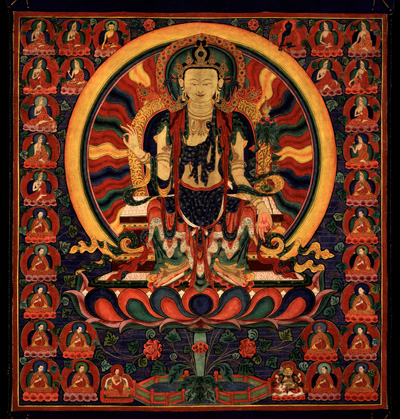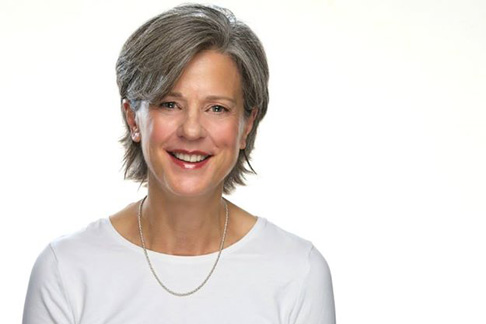
A meditation session led by Tracy Cochran.
For centuries Himalayan practitioners have used meditation to quiet the mind, open the heart, calm the nervous system, and increase focus. Now Western scientists, business leaders, and the secular world have embraced meditation as a vital tool for brain health.
Whether you’re a beginner, a dabbler, or a skilled meditator seeking the company of others, join expert teachers in a forty-five-minute weekly program designed to fit into your lunch break. Each session will be inspired by a different work of art from the Rubin Museum’s collection and will include an opening talk, a twenty-minute sitting session, and a closing discussion. Chairs will be provided.
Presented in partnership with Sharon Salzberg and the New York Insight Meditation Center. This program is supported in part by the Hemera Foundation.

RELATED ARTWORK

Theme: Mantra
Maitreya, the Buddha of the future, sits on a throne with both feet placed firmly on the ground. Waiting in Tushita heaven, he will come down to teach once the lessons of Buddha Shakyamuni have been forgotten. The legend of Maitreya speaks to the universal doctrines that Buddhism expounds and how they ultimately are meant for all times and all people. His mantra “Om Maitri Maha Maitri Maitri Ye Sva Ha” invokes his presence and forges a connection between himself and followers.
About the Speaker

